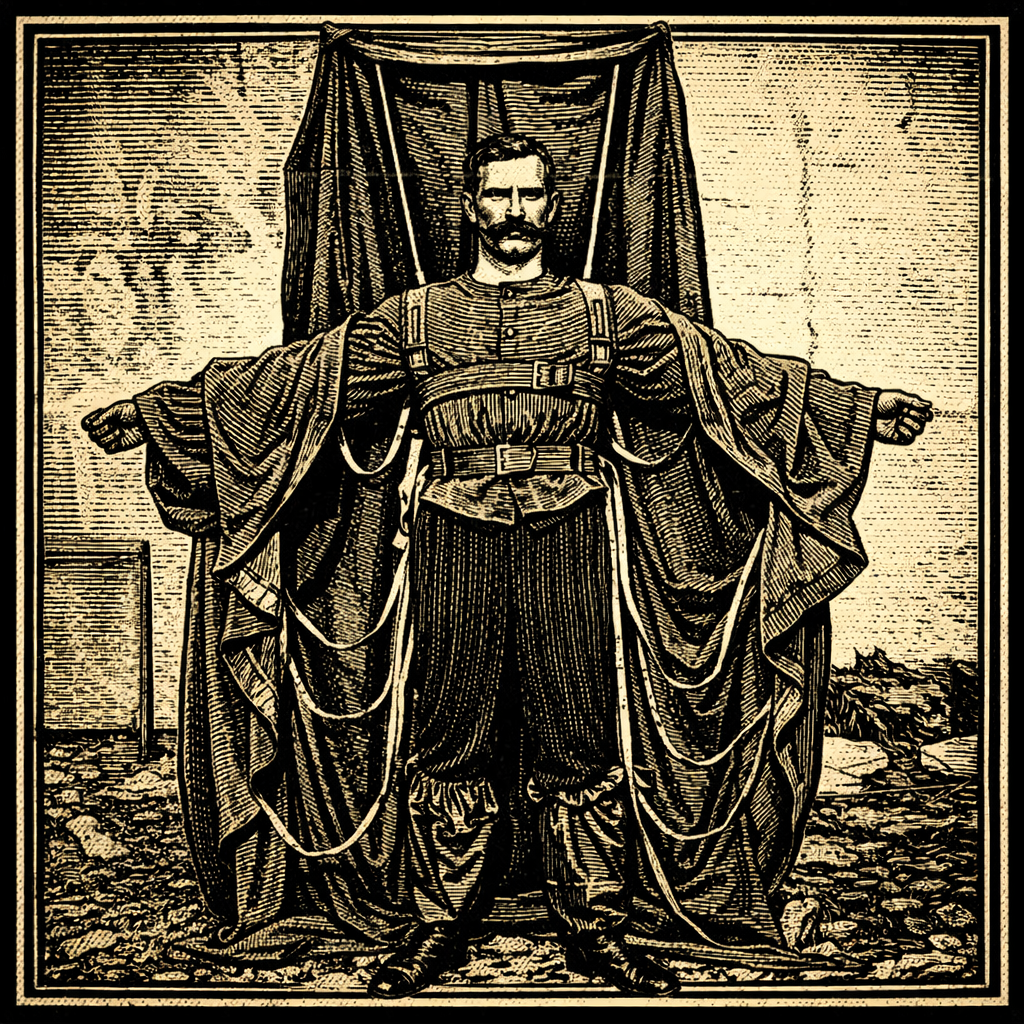Stealing the Crown Jewels
May 9, 1671 - Today was the day that an Irish rogue named Thomas Blood stole the British Crown Jewels from the Tower of London.
Blood's plan was hatched weeks earlier when he disguised himself as a parson and befriended the caretaker of the jewels, Talbot Edwards. Blood convinced Edwards that he had a rich nephew who wanted to marry the caretaker's daughter.
On May 9th "Parson" Blood, his "rich nephew" and two other men arrived at the Tower of London to call on the Edwards. While the suitor and the daughter were getting to know each other, Blood convinced the father to show his party the Crown Jewels.
As soon as Edwards unlocked the door to the room where the jewels were kept, he was whacked on the head with a mallet, bound, gagged, and stabbed with a sword. All the weapons had been hidden under Blood's clerical robe.
Blood used the same mallet to flatten out St. Edward's Crown and stashed it in a sack. The Sceptre with the Cross had to be cut in half so it could also be concealed. One of the robbers actually stuffed the Sovereign's Orb in his pants.
Edwards managed to wiggle out of his bindings and started screaming, "Treason! Murder! The crown is stolen!"
Blood and his cohorts fled on horses but dropped the Sceptre as they attempted their getaway. A guard was shot and wounded but Blood and his gang were caught before they reached the Iron Gate.
As he was being subdued, the flattened crown dropped from Blood's cloak. The thief then famously exclaimed:
It was a gallant attempt, however unsuccessful! It was for a crown!
Amazingly, Blood's punishment was incredibly light. After pleading directly to King Charles for mercy, the monarch asked Blood, "What if I should give you your life?" To which Blood replied, "I would endeavour to deserve it, Sire!"
Blood was spared, and historians aren't certain why. One theory is that King Charles feared an uprising if he came down too harshly on this Robin Hood-esque character.
Blood and his conspirators were fully pardoned. In fact, Blood was given a chunk of land in Ireland and became a popular figure in the King's court. He died in 1679.





